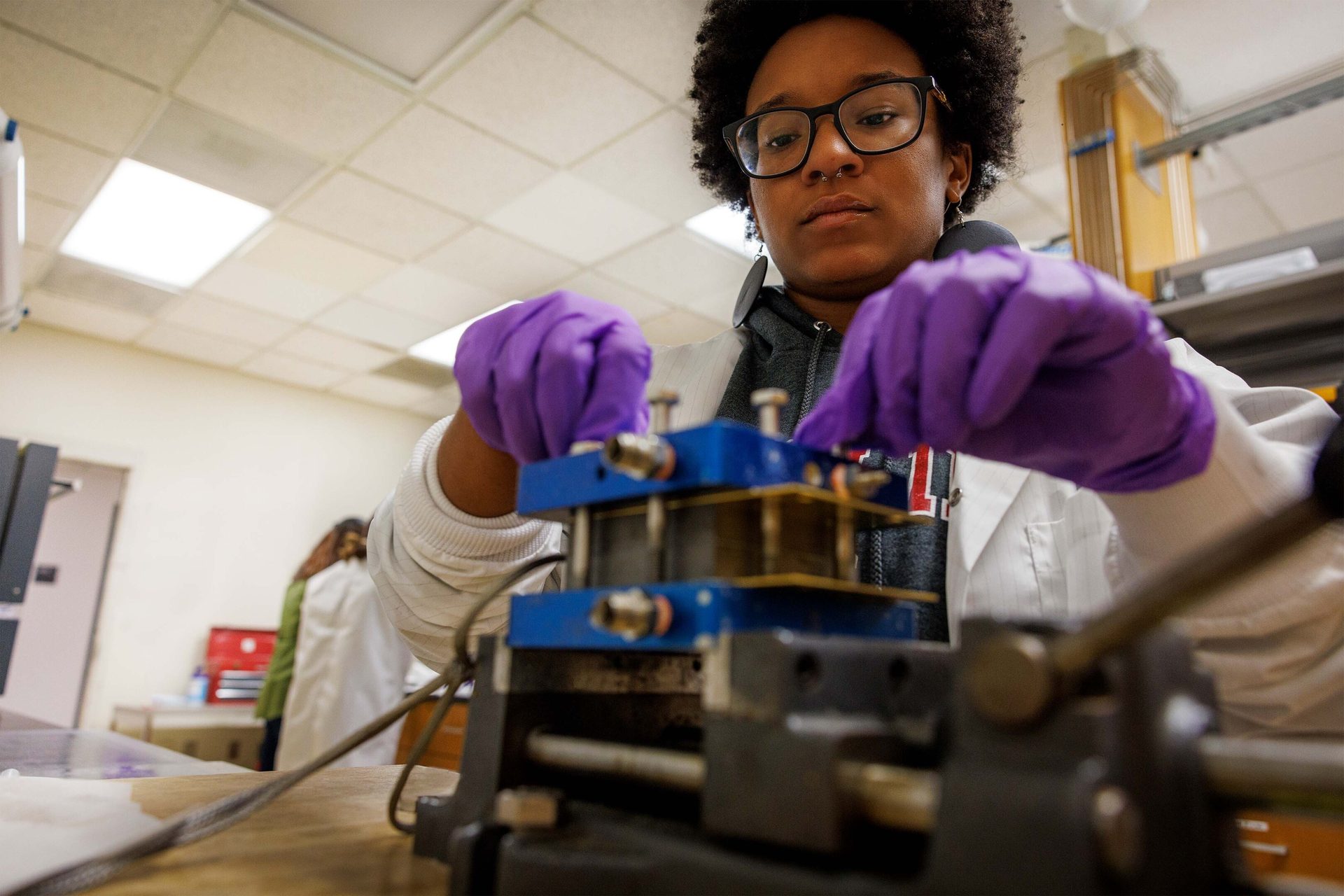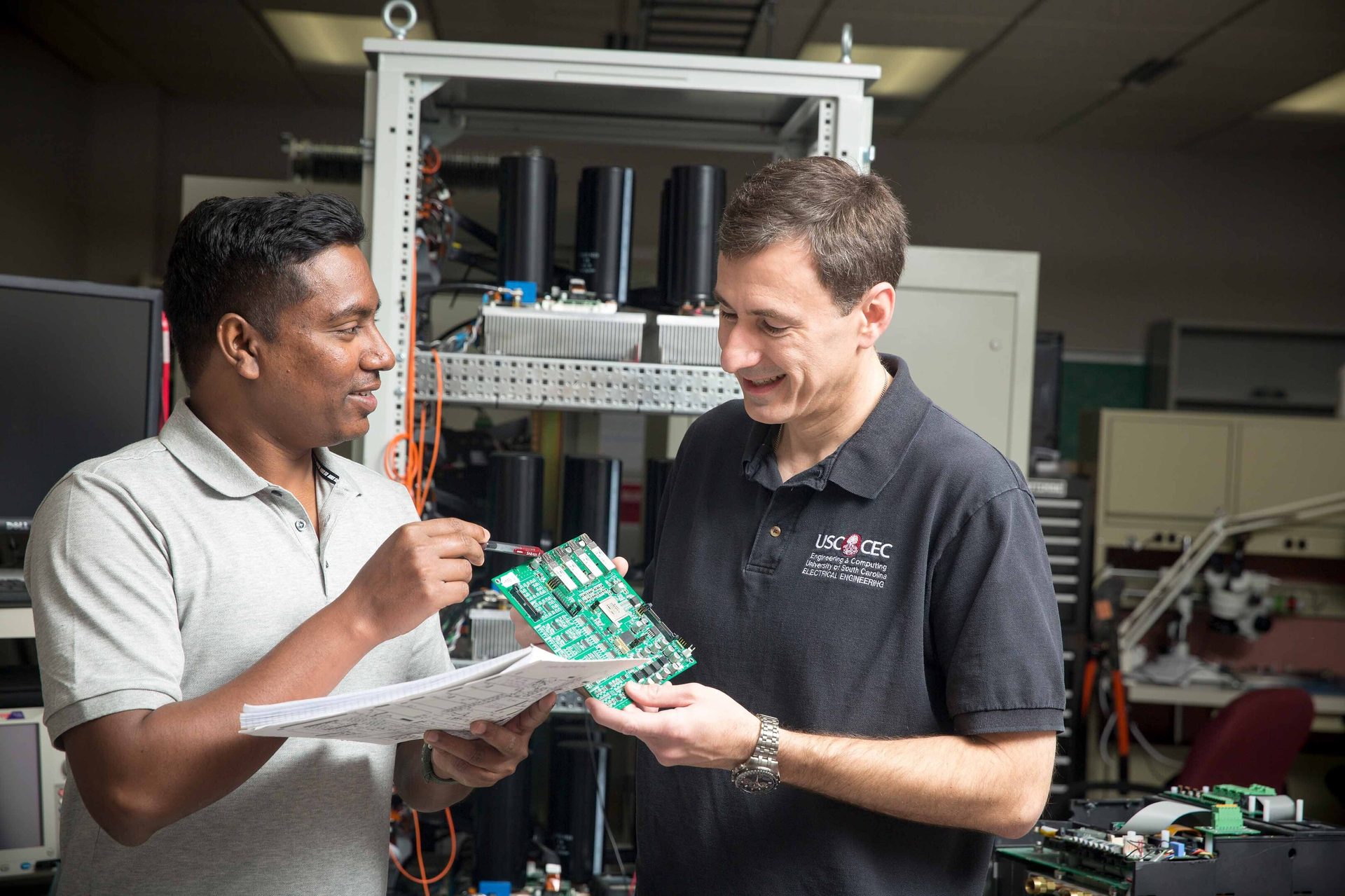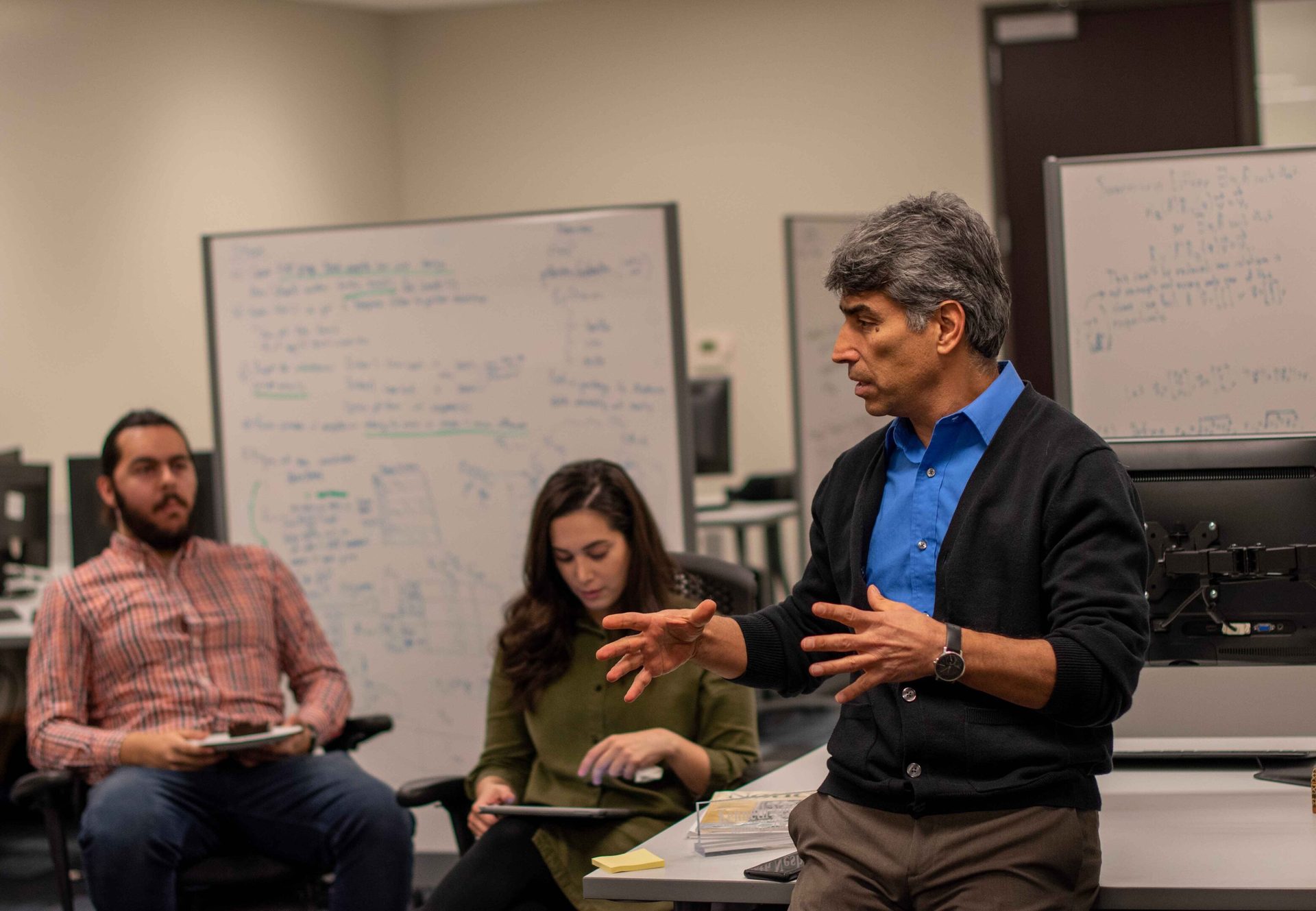For over 200 years, the University of South Carolina (USC) has attracted students, scholars, and researchers seeking an exceptional academic experience. This reputation is built on two pillars: strong academics and a commitment to impactful research.
USC holds an R1 classification for high research activity and has earned the prestigious Elective Community Engagement Classification. In 2023-4, researchers secured over $250 million in sponsored awards across various areas.
You’ll find this same drive for excellence at its College of Engineering and Computing (CEC). Here, the focus is on nurturing students into future engineers who can envision and design solutions with real-world applications. At its cutting-edge labs and research centres, esteemed faculty collaborate with students in tackling projects with global implications.
150+
years of engineering education
400
active sponsored projects
112
faculty with actively funded research
500,000+
square feet of teaching, research, and laboratory space
US$50m
recent awards for sposored projects
Research offerings
USC is partnering with Pomega, an energy storage company, to create large-scale battery solutions for the power grid. These batteries hold promise due to their flexible installation and potential to integrate renewable energy sources. USC's research, led by Associate Dean for Research and Chemical Engineering Professor William Mustain, focuses on developing digital models to optimise these batteries.
This partnership complements Pomega's US$300 million lithium-ion battery plant currently under construction. The facility, expected to be operational by year-end, aligns with South Carolina's US$11 billion investment in battery and electric vehicle development in the past two years. USC's expertise is a major draw, with over a dozen faculty members and numerous students actively involved in battery research.
“Companies tell me this all the time — if you want to learn more about battery chemistry, battery assembly and battery safety, you come to the University of South Carolina,” says Mustain.
Batteries

CEC’s new institute focusing on extreme semiconductor chip is an interdisciplinary initiative that aims to develop next-generation chips through pioneering research and prototyping. The goal is to create real-world applications that benefit South Carolina's economy and public good.
Funded by a US$10 million university grant, the institute will conduct research, develop prototypes, and test the chips' practical applications. These advancements will be used to either incubate new businesses or partner with existing ones, ultimately driving technological progress and economic prosperity in the state.
Extreme semiconductor chips

A US$500,000 grant from the National Science Foundation will fund research on new methods to combat cyberattacks on "Internet of Things" (IoT) devices. Led by Professor Jorge Crichigno and PhD students working on the college’s Cyberinfrastructure Lab, the project aims to address current limitations in IoT security, such as lack of monitoring and remediation tools.
CEC researchers at the Cyberinfrastructure Lab will leverage their expertise in high-speed networks to analyse real-time internet traffic. They're developing classifiers to identify types and vendors of IoT devices, ultimately revealing large-scale vulnerabilities and compromised environments. This research will contribute to a more secure future for interconnected devices.
The other participant institutions are the University of Texas at San Antonio, University of South Carolina and University of South Florida.
Cyber/Physical security

Learn more about the University of South Carolina.

Copyright © 2024 Study International, official representative of University of South Carolina, College of Engineering and Computing

